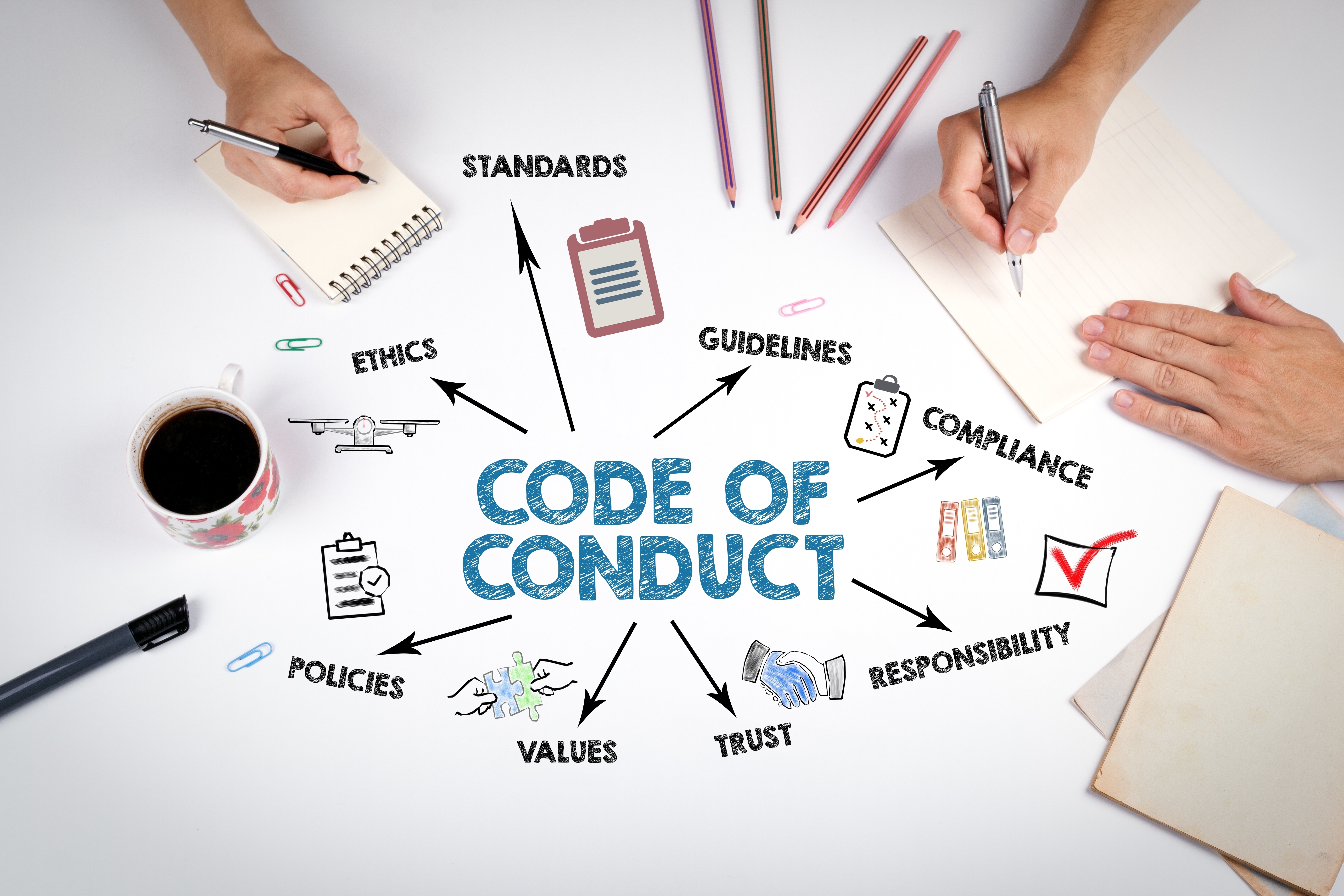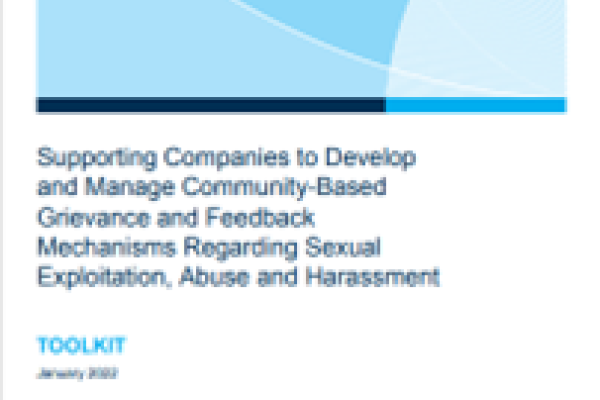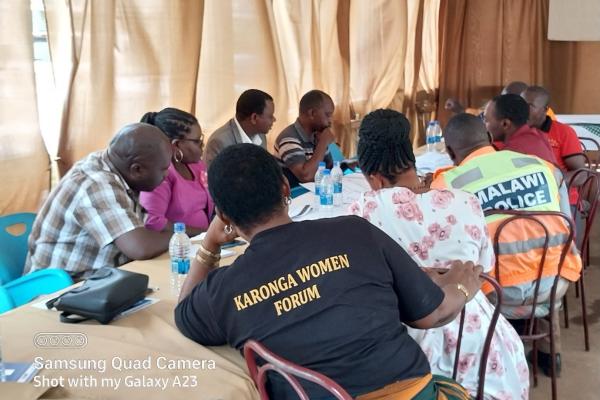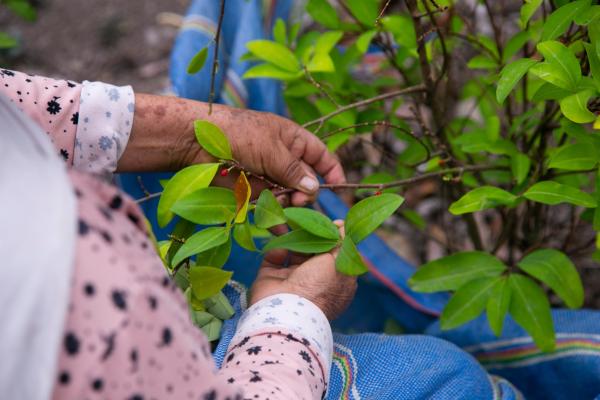Preventing, mitigating, and responding to sexual exploitation, abuse and harassment (SEAH) within AfDB operations
This Advisory Note is designed to increase understanding of the ways in which AfDB may conduct due diligence with a view to addressing, mitigating and preventing SEAH in the projects it finances. For that purpose, it summarizes the AfDB’s own policies; notes where these policies have gaps; and provides examples of best practice from other contexts – to aid the AfDB in developing approaches to addressing SEAH within its operations.














